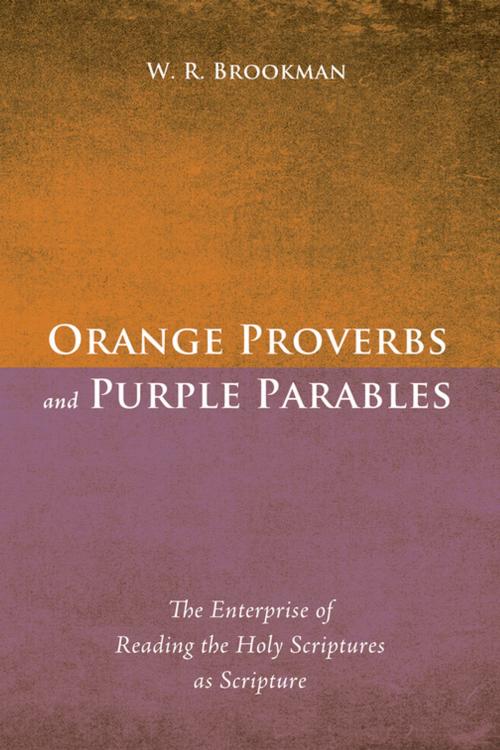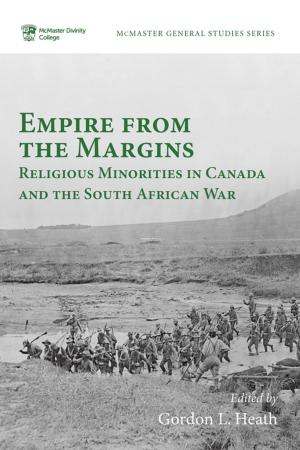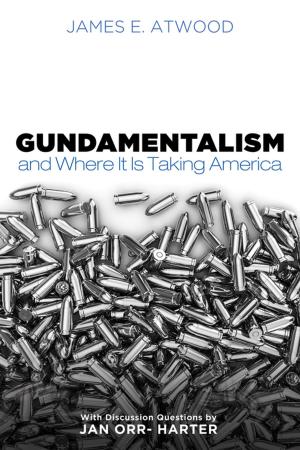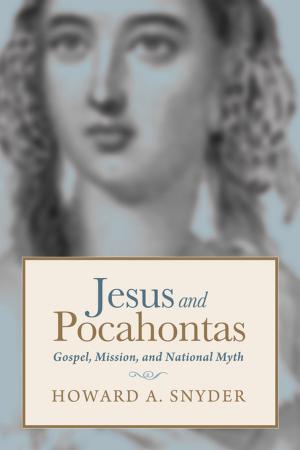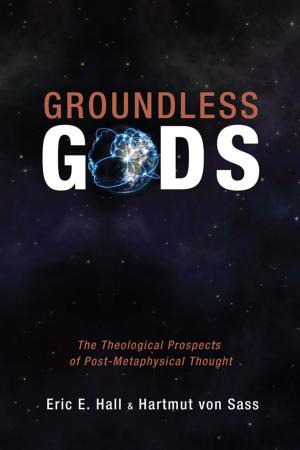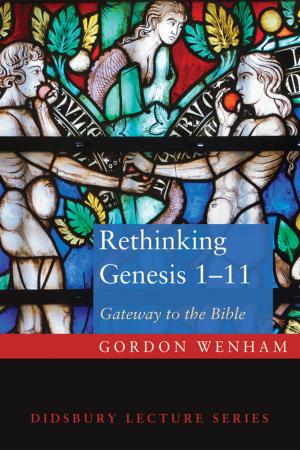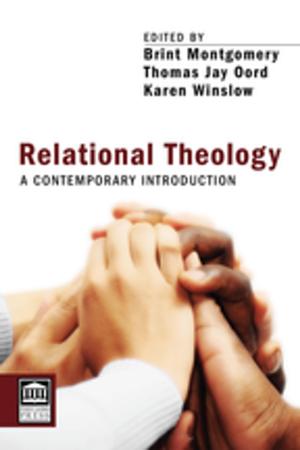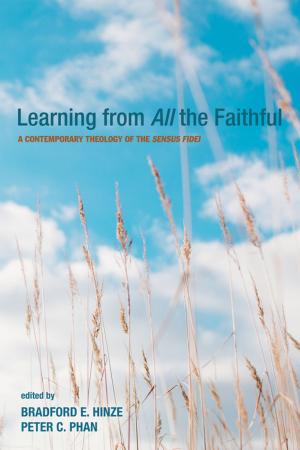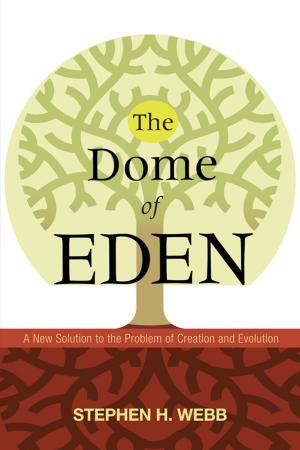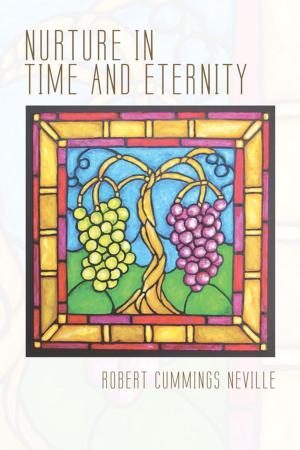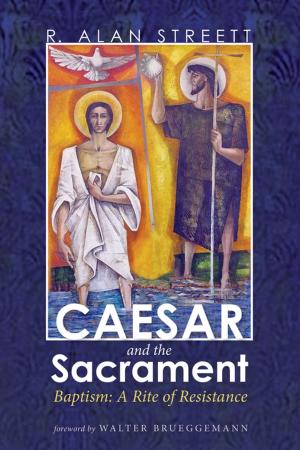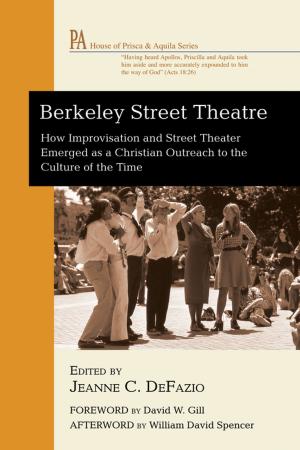Orange Proverbs and Purple Parables
The Enterprise of Reading the Holy Scriptures as Scripture
Nonfiction, Religion & Spirituality| Author: | W. R. Brookman | ISBN: | 9781498209489 |
| Publisher: | Wipf and Stock Publishers | Publication: | May 18, 2015 |
| Imprint: | Wipf and Stock | Language: | English |
| Author: | W. R. Brookman |
| ISBN: | 9781498209489 |
| Publisher: | Wipf and Stock Publishers |
| Publication: | May 18, 2015 |
| Imprint: | Wipf and Stock |
| Language: | English |
In the words of Saint Augustine, the Bible is long, complicated, and difficult to read. Orange Proverbs & Purple Parables is a book about reading the Bible. How does one become a more spiritually discerning and critically appreciative reader of the Holy Scriptures? What does it take to become a better interpreter of biblical texts? This book explores wide-ranging approaches and considerations germane to the enterprise of reading. The catch phrase used throughout the book is that of reading the Holy Scriptures as scripture. What goes into reading the Bible as scripture? What are some of the major elements inherent in this endeavor that should be of concern to the one who aspires to become a deep, thoughtful reader and an effective interpreter? This book weaves through a labyrinth of characters and disciplines as it explores this enterprise of reading the Holy Scriptures. The likes of Chomsky, Augustine, neuroscience, Barth, linguistics, theological interpretation, Origen, metaphor theory, devotional reading, and Jerome, along with many more people and fields of inquiry, are all garnered to encourage the reader in an exploration of the enterprise of reading the Holy Scriptures.
In the words of Saint Augustine, the Bible is long, complicated, and difficult to read. Orange Proverbs & Purple Parables is a book about reading the Bible. How does one become a more spiritually discerning and critically appreciative reader of the Holy Scriptures? What does it take to become a better interpreter of biblical texts? This book explores wide-ranging approaches and considerations germane to the enterprise of reading. The catch phrase used throughout the book is that of reading the Holy Scriptures as scripture. What goes into reading the Bible as scripture? What are some of the major elements inherent in this endeavor that should be of concern to the one who aspires to become a deep, thoughtful reader and an effective interpreter? This book weaves through a labyrinth of characters and disciplines as it explores this enterprise of reading the Holy Scriptures. The likes of Chomsky, Augustine, neuroscience, Barth, linguistics, theological interpretation, Origen, metaphor theory, devotional reading, and Jerome, along with many more people and fields of inquiry, are all garnered to encourage the reader in an exploration of the enterprise of reading the Holy Scriptures.
